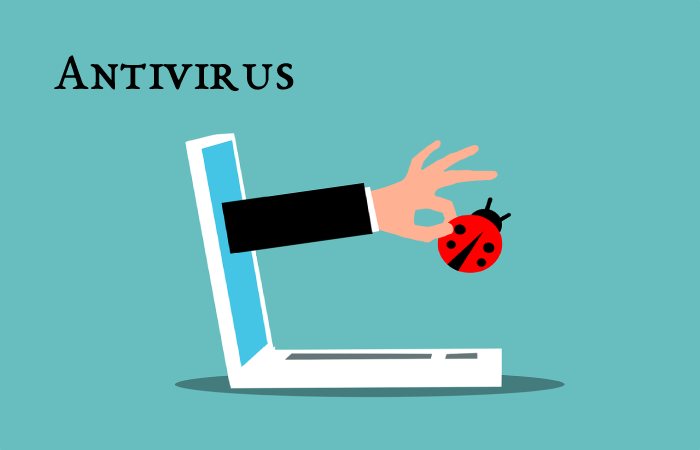Table of Contents
Introduction
PC antivirus is application software that aims to detect and remove computer viruses from a computerized system. In other words, it is a program that seeks to remedy the damage caused by these invasive forms of software, whose presence in the system is usually not detectable until its symptoms become evident, such as biological viruses.
- Types of PC Antivirus
- Several types of computer antivirus can be identify according to their operation:
- Identification antivirus. Those that track active sequences associated with certain viruses are not very effective in dealing with unwanted software. However, they have the virtue of being very light, and some are execute from the network.
- Decontamination antivirus. Usually install on the system like any other application software, these programs can be activate at will to check the computer’s entire contents for viruses. If there are, disinfection is carry out and, if not possible, quarantine or deletion.
- Antivirus protection in real time. Those that provide constant protection to the system, without needing to conduct an exhaustive review, but by reviewing all incoming and outgoing files and connections.
It was never said who program the computer viruses, although numerous theories accuse the antivirus companies of creating the problem and then selling the solution.
What Are PC Antivirus Antiviruses For?

Antiviruses today do more than scan and disinfect a machine that has contracted a computer virus. They usually offer active monitoring services to prevent an infected document from fully accessing the system, block insecure web pages and delete risky files as soon as they enter the computer. It is often called active protection.
On the other hand, computer antiviruses also deal with other pieces of unwanted software, such as spyware, malware or rootkits, and even hacking attempts.
The remedy was to acquire a computer antivirus offered by various commercial programming companies to guarantee computer monitoring, cleaning, and protection. Without them, the user ran the risk of damaging the system. And spreading the virus every time he copied a floppy disk or sent an email.
Antivirus Programs And Protection Software For Computers
- Antivirus programs and computer protection software are designed to evaluate data, such as web pages, files, software, and applications, to find and eradicate malware as quickly as possible.
- Most of them provide real-time protection, which helps safeguard your devices from incoming threats, scans your entire computer regularly for known threats, and deliver automatic updates
How Does An Antivirus Work?
Antivirus software starts by checking your computer files and programs against a database of known malware types. Then, because hackers are constantly creating and distributing new viruses. They will scan computers for a new or unknown type of malware threat.
Generally, most programs will use three different detection devices: specific detection, which identifies known malware; generic detection, which looks for known malware parts or types, or related patterns under a joint code base; and heuristic detection.
Conclusion
unknown viruses by identifying known suspicious file structures. When the program finds a file that contains a virus, it usually quarantines it. It sets it aside for deletion, making it inaccessible and allowing the risk to remove from your device.
